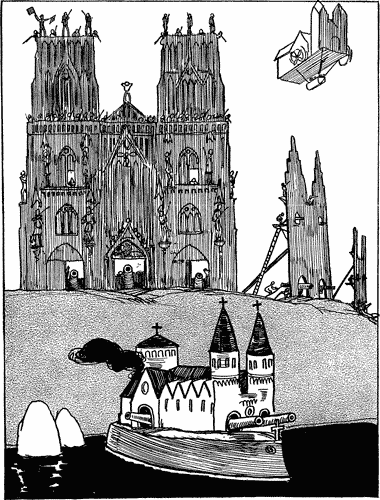In class on Tuesday, we discussed causes of the re-emergence of the Ku Klux Klan in the 1920s. I decided to go a little deeper and examine causes of this re-emergence, activities undertaken by the “new” clan, and the Klan’s ideology as a whole.
The 1920s were a decade of optimism in the United States. Business was booming, cities were thriving, and economic prosperity was abundant. However, the rapid change occurring in American society was met with opposition by many groups. In particular, this decade saw a reemergence in Ku Klux Klan membership.
The revival of the Klan began with the release of D.W. Griffith’s widely popular film, the Birth of a Nation. The film chronicles the relationship between two families during the Civil War, one pro-Union family and one pro-Confederacy family. In particular, the film was notable for it’s portrayal of African American men. The movie portrayed freedmen as sexually aggressive towards white women. It also depicted African Americans as good for little but subservient labor, and the Ku Klux Klan as a “heroic” police force.
This favorable portrayal of the clan prompted a huge resurgence in membership. By the mid 1920s, at the Klan’s peak, there were over four million members. The initial targets of the Ku Klux Klan in the 1920s were African Americans, who many whites believed needed to be “put back in their place.”
The Klan’s message and core beliefs then began to shift, and they started targeting Jews, Catholics and immigrants. Agendas of the clan were molded by community conditions and concerns. Essentially, the clan became a conservative police force, dedicated to preserving values of “Old America.” Historian Leonard J. Moore sees the 1920s Klan as, “the story of a backward segment of American society, one trapped by economic insecurity, dying small-town ways, and an inability to adjust psychologically to the 'modern age'.”
The Klan organized to oppose the teaching of evolution in schools, they attempted to oppose spreading of birth control devices and informations, and tried to enforce prohibition. Many klan members confined their opposition tactics to things like burning crosses and marching in protests. However, violence was not uncommon, public whippings and lynchings occurred in many parts of America.
In the West and South, the Ku Klux Klan consisted largely of poor, rural fundamentalist Christians, who opposed non Western European immigrants, and despised the post war tolerance for loose morality. In particular, they opposed the foreign ideals brought in by non Western European immigrants.
It seems there were many causes for the re-emergence of the clan, notably the Birth of the Nation movie and the rapid industrial and urban changes occurring in American society. What do you think? How influential were things like the Birth of the Nation in increasing Ku Klux Klan membership?
Sources:
http://www.u-s-history.com/pages/h1381.html




.jpg)

